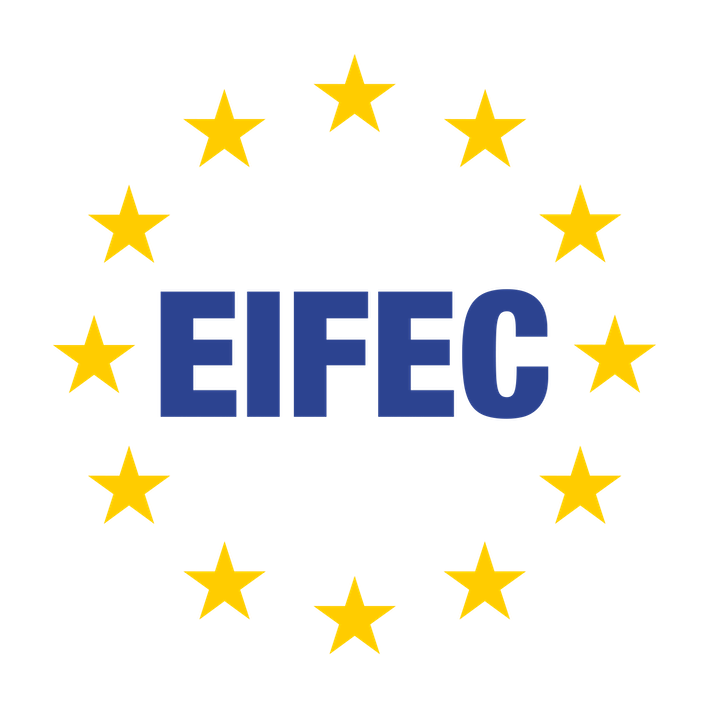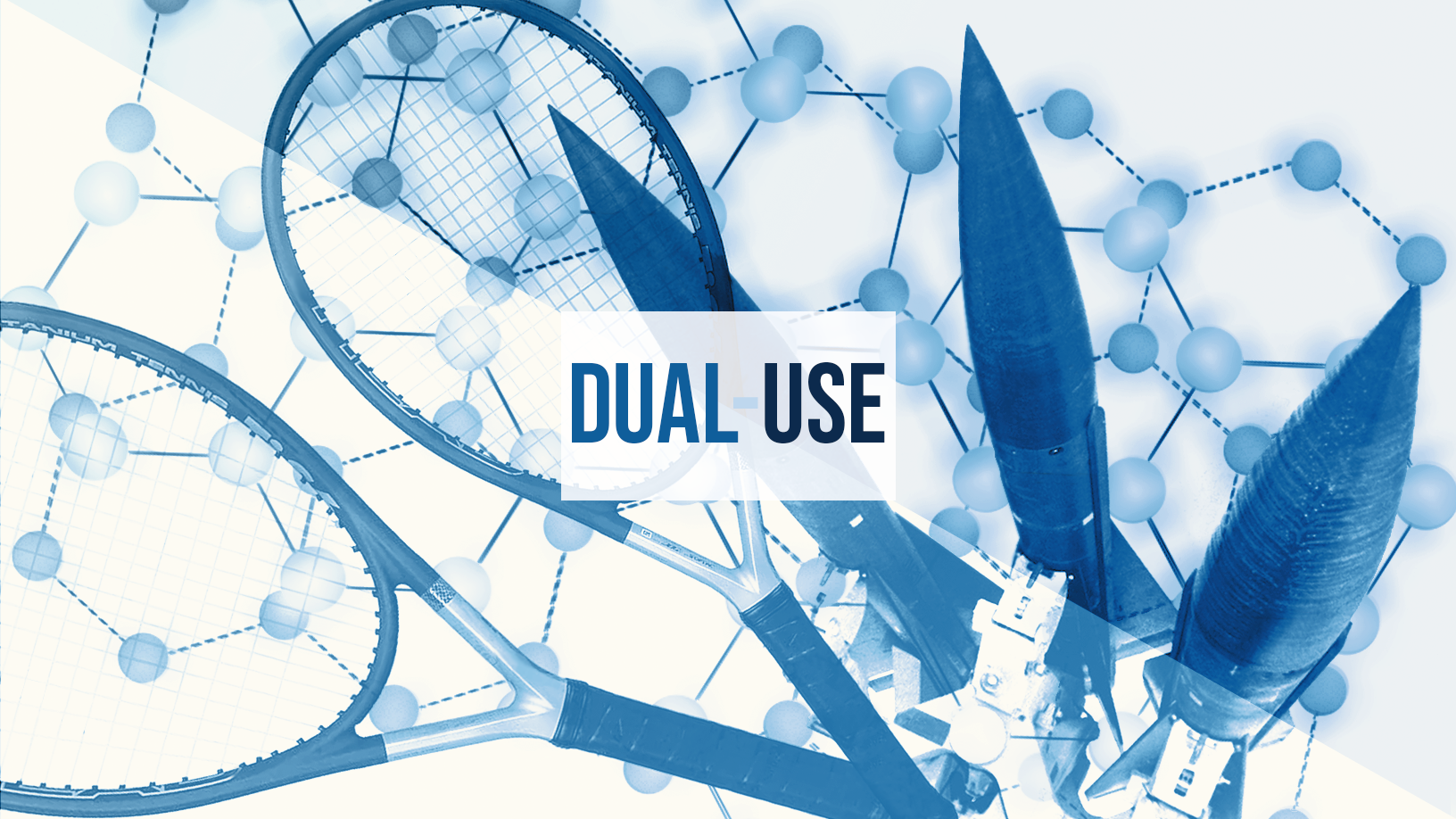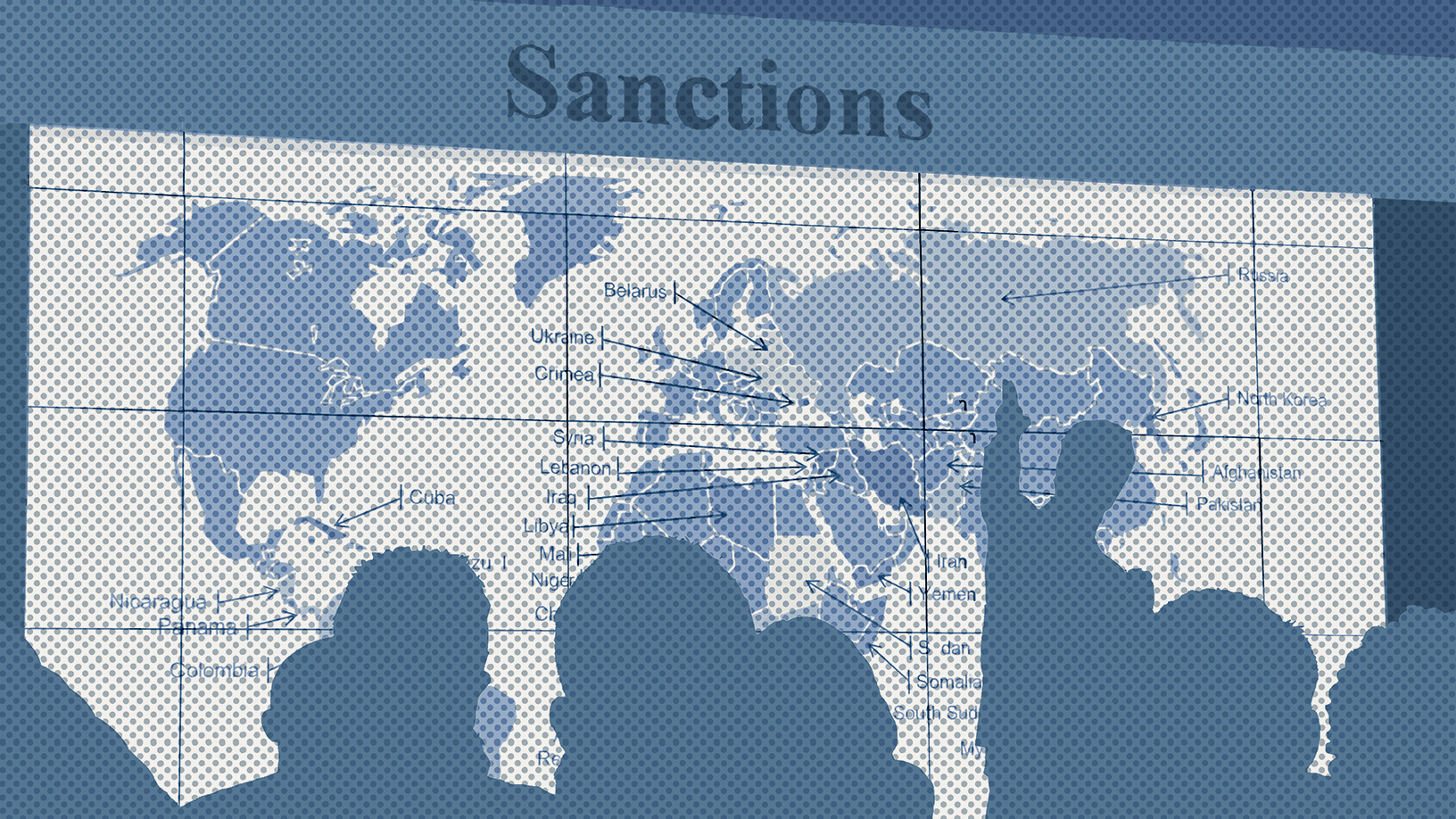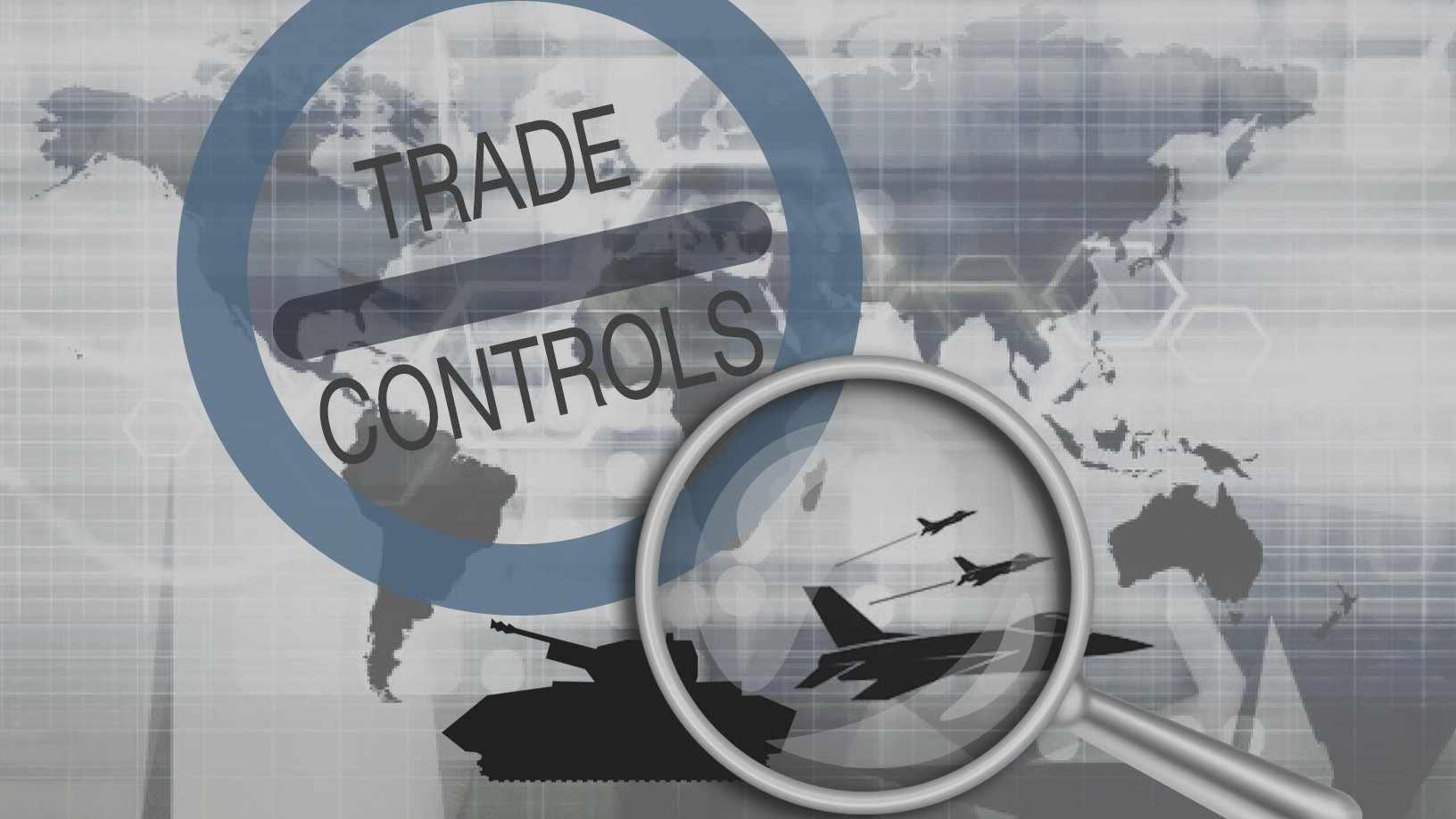EU SANCTIONS AGAINST RUSSIA
The DUE DILIGENCE Compliance Challenge
The EU has progressively imposed sanctions and restrictive measures against Russia since 2014 in response to the illegal annexation of Crimea.
In March 2015, EU leaders decided to link the existing economic sanctions regime to the complete implementation of the Minsk agreements.
Since Russia has never fully implemented the agreements, the EU has successively extended the sanctions.
In 2022, the EU adopted new sanctions to respond to Russia’s decision to recognise the non-government controlled areas of Donetsk and Luhansk and to invade Ukraine.
HELPLINE
Export Compliance Issues
To receive any assistance you must be registered at the ECR - Export Compliance Register and approved.
Join the international specialized Compliance Officers community
In areas that endanger international security as of nuclear, biological, and chemical proliferation, AT / AML, sanctions and health threats caused by biological agents (pathogens), pandemics, epidemics, and endemics. Compliance is the Vaccine of Organization.
Export Compliance education with UNIFEC, the strategic alliance between the most important international technology and management Universities
One of the main challenges in Export Compliance is the determination (Classification) if an "Export" Transaction or interaction is subject to legal control in accordance with applicable jurisdiction's definitions.
EIFEC since 2011 has developed and activated an Expert System for verification, classification and certification (EIFEC Standard EC1001.02:ECP and additional for Sanctions), aimed at assessing and determining the compliance of products and services with European and U.S. regulations.
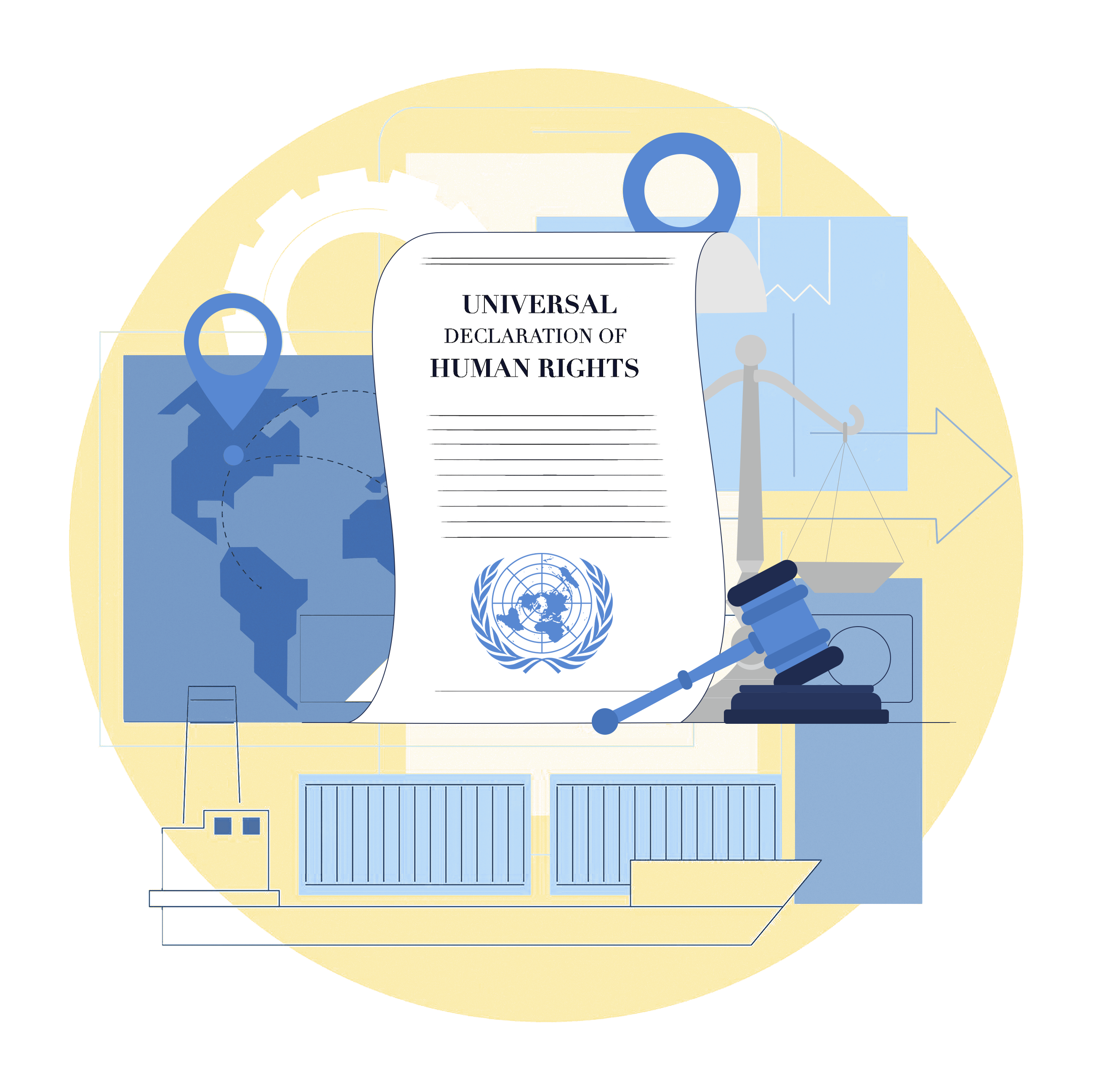
HUMAN RIGHTS & COMPLIANCE CHALLENGE
The Universal Declaration of Human Rights (UDHR), adopted by the UN General Assembly in 1948, was the first legal document to set out the fundamental human rights to be universally protected. The UDHR continues to be the foundation of all international human rights law. Its 30 articles provide the principles and building blocks of current and future human rights conventions, treaties and other legal instruments.
The recast of the EU Regulation 2021/821 of 20 May 2021 heightens controls on emerging technologies and empowers the private sector in addressing risks to global security and human rights by introducing due diligence obligations to fight internal repression and human rights and international humanitarian law violations
